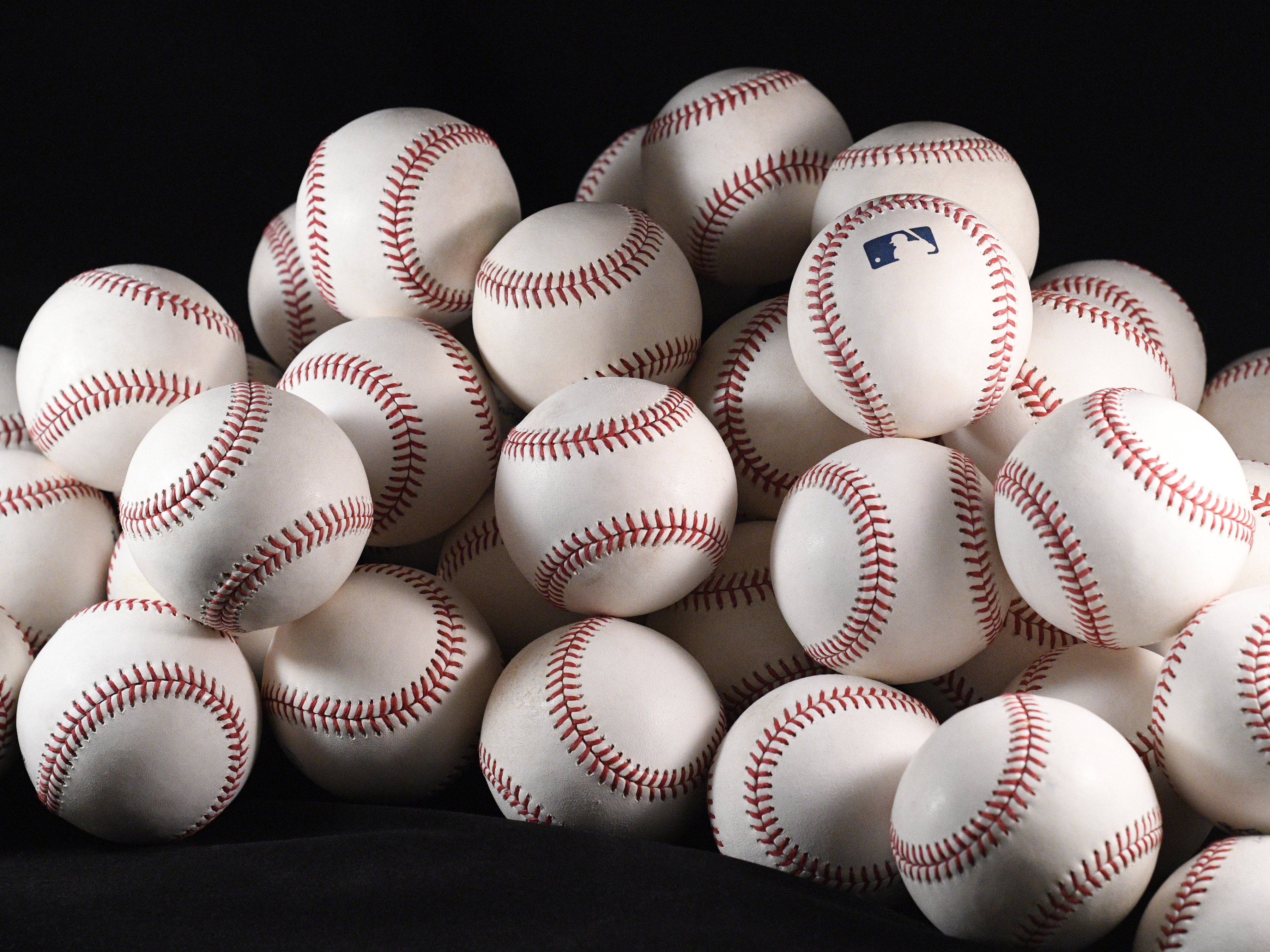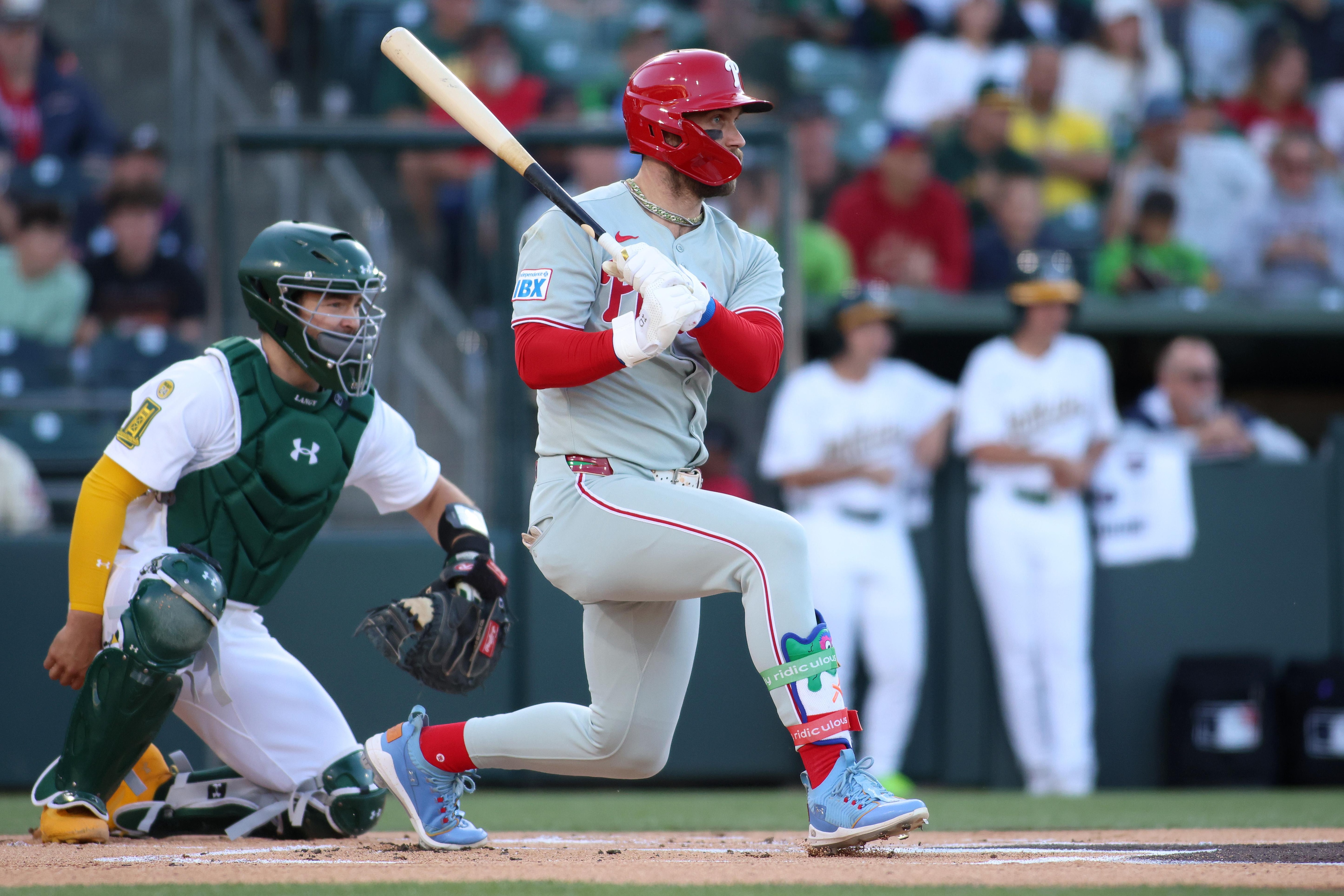Featured Video
Elly Obliterates 2 Homers 🫨

Breaking Down Biggest Rule Changes After MLB Reaches New CBA
Let there be baseball.
Major League Baseball and the MLB Players Association reportedly came to terms on a new collective bargaining agreement Thursday, although it still has to be ratified, per ESPN's Jeff Passan.
That means the league-initiated lockout that lasted 99 days is over, and fans can turn their attention toward actual baseball ahead of what will be a full 162-game season.
TOP NEWS

B/R's MLB 30 in '30 Predicting the Best Pitchers in 2030

MLB Power Rankings Have a New No. 1 Team After Tigers Stumble

Phillies' Bryce Harper's X-Rays on Elbow Injury Negative After HBP vs. Braves' Strider
While the second-longest work stoppage in MLB history dragged on as the two sides debated things such as the competitive balance tax threshold, international draft and draft lottery issues, minimum salaries and the pre-arbitration bonus pool, other rule changes also stand out.
Here is a look at some of the biggest ones, which were reported by Passan, ESPN's Jesse Rogers, The Athletic's Evan Drellich and Mark Feinsand of MLB.com:
- Universal designated hitter
- Nine-inning doubleheaders
- No more runner on second base to start an extra inning
- 12 teams in the postseason
- Six-pick draft lottery
- 20-round amateur draft
- Players can be optioned five times in a season
- 45-day window for the league to implement rule changes for 2023 that include a pitch clock, ban on shifts and larger bases
In terms of actual on-field changes for individual games, the return to normalcy when it comes to doubleheaders and extra innings could take away some of the randomness of those contests fans saw last year.
Putting a runner on second base to start extra innings meant teams could score a run without a single hit or walk if they worked timely sacrifices in play, and offenses will at least have to rally more to take the lead by eliminating that.
There also may have been something to be said about keeping doubleheaders at seven innings this season since there will be additional ones scheduled to make up for the delayed start to the year because of the lockout, but the normal nine innings will be back on the slate.
As for the universal designated hitter, the rule change creates more job opportunities for the players with 15 more teams needing to fill an additional roster spot.
That is particularly notable since there will likely be a rush on free agents in a limited time span once the new CBA is ratified.






